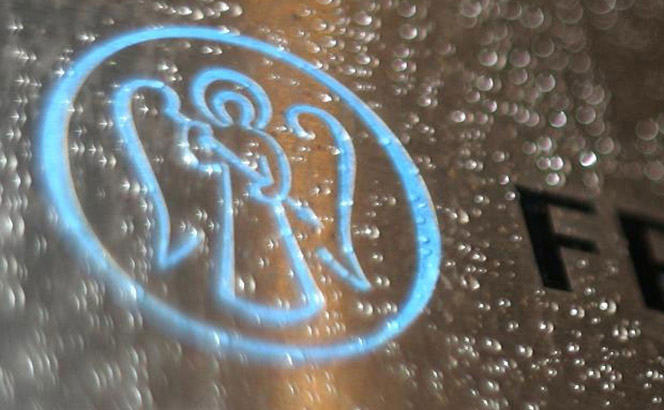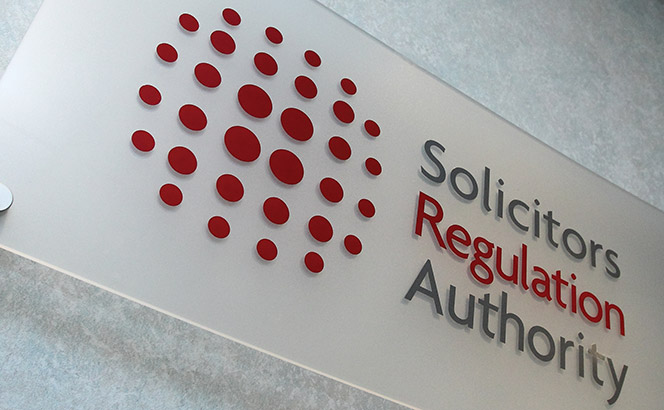
Former Freshfields Bruckhaus Deringer partner Ryan Beckwith has filed a High Court appeal against the Solicitors Disciplinary Tribunal’s (SDT) finding against him in a case of sexual misconduct.
The appeal follows last October’s high-profile judgment that Beckwith knew or ought to have known that the junior member of staff he had sexual activity with was intoxicated and her judgement impaired and that he knew or ought to have known that his conduct was inappropriate.










